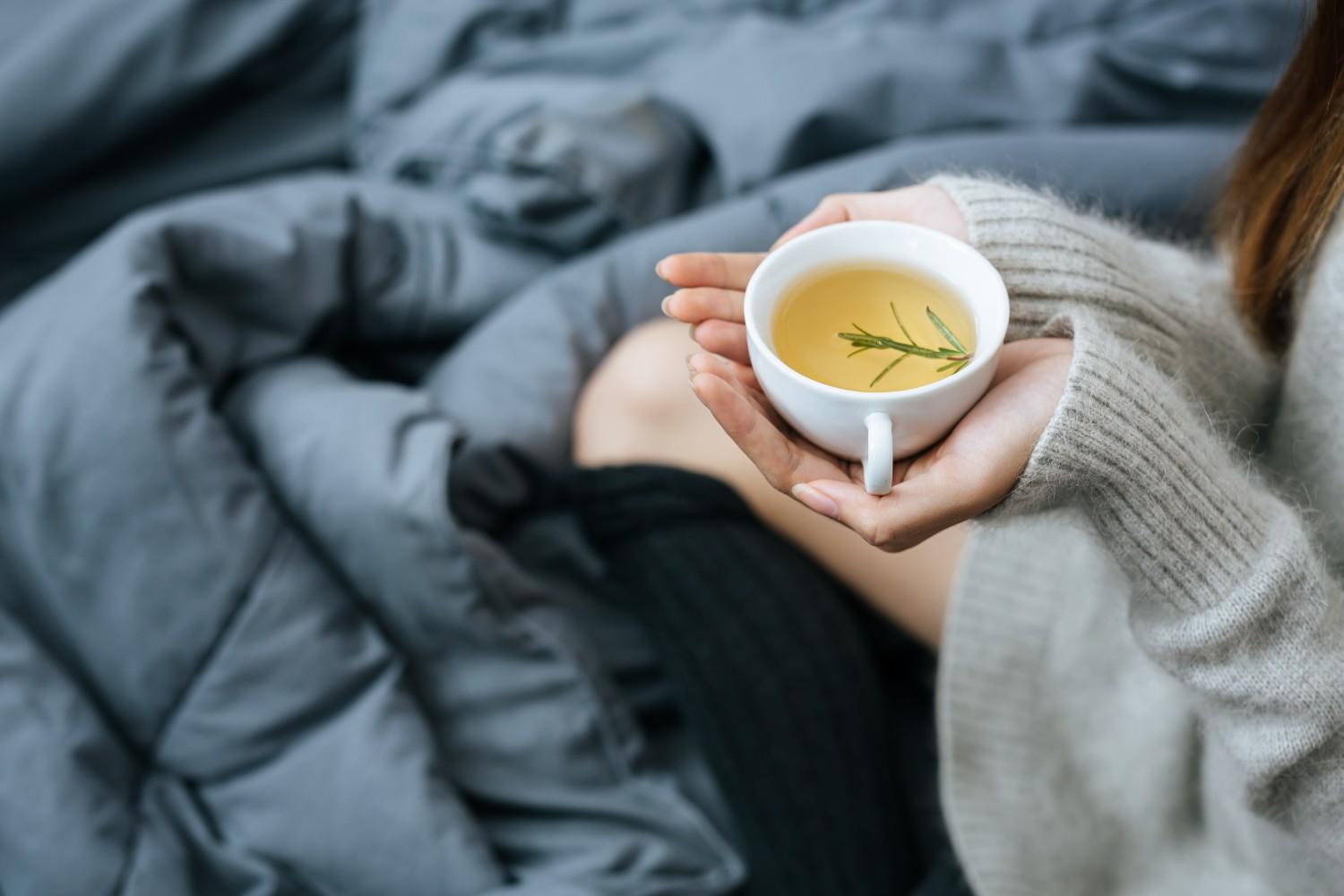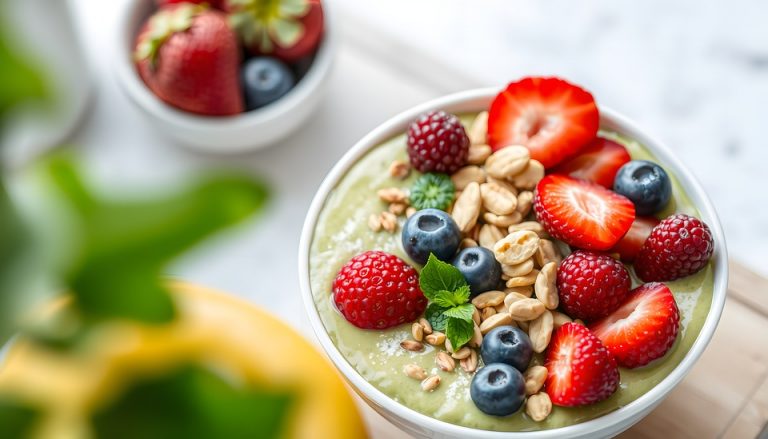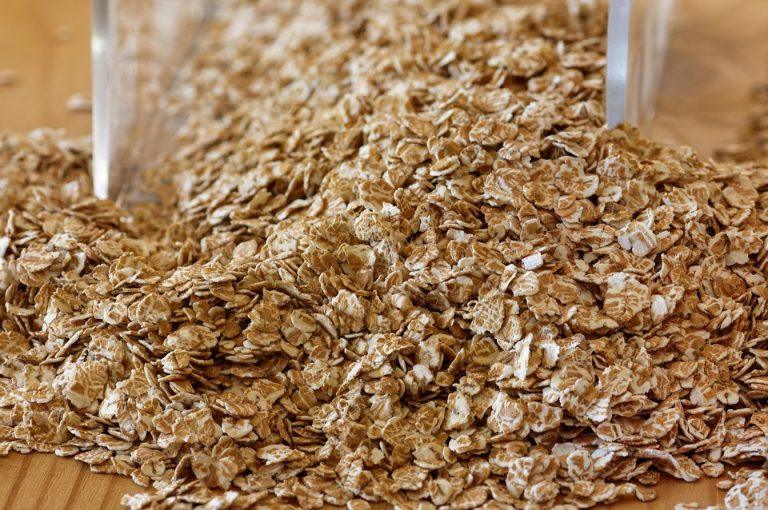Ever found yourself staring at the ceiling, counting sheep, and wondering why sleep seems to elude you? You’re not alone. In our fast-paced world, many of us struggle to unwind and drift off into dreamland. But what if I told you that a simple cup of tea could be your sleep’s best friend? That’s right! Certain herbal teas have been used for centuries to promote relaxation and improve sleep quality. So, let’s dive into five soothing teas that might just help you catch those elusive Z’s.
Contents
1. Chamomile Tea
Why Chamomile?
Chamomile is often the go-to tea for those seeking a good night’s sleep. This little flower, part of the daisy family, has been used for centuries for its calming properties. The active compound, apigenin, binds to specific receptors in your brain, potentially decreasing anxiety and promoting sleepiness.
Pros and Cons
Pros:
- Natural Sleep Aid: Many studies support chamomile’s effectiveness as a mild sedative. A study published in Journal of Advanced Nursing found that chamomile tea improved sleep quality in postpartum women (Field et al., 2010).
- Digestive Benefits: If you often feel bloated or uncomfortable before bed, chamomile can help soothe your stomach.
Cons:
- Allergic Reactions: Some people may be allergic to chamomile, especially those allergic to ragweed.
- Interactions with Medications: Chamomile can interact with blood thinners and sedatives, so check with your doctor if you’re on medication.
How to Enjoy It
Brew a cup of chamomile tea about 30 minutes before bed. Add a touch of honey for sweetness and enjoy its floral aroma as you wind down your day.
2. Lavender Tea
A Calming Classic
Lavender is famous for its soothing scent, often used in aromatherapy. But did you know that sipping on lavender tea can also help you relax? The gentle floral notes can reduce stress and anxiety, making it easier to fall asleep.
Pros and Cons
Pros:
- Stress Reduction: A study published in the Journal of Alternative and Complementary Medicine found that lavender can significantly reduce anxiety levels (Goel et al., 2005).
- Improved Sleep Quality: Lavender tea may even help you stay asleep longer, reducing those annoying nighttime awakenings.
Cons:
- Taste: Some people find the taste of lavender tea a bit strong or floral for their liking.
- Not for Everyone: If you’re pregnant or breastfeeding, consult your doctor before trying lavender.
Brewing Tips
Steep dried lavender flowers in hot water for about 5-10 minutes. You can mix it with chamomile for an extra calming effect.
3. Valerian Root Tea
The Sleep Specialist
Valerian root is often referred to as nature’s sleep aid. It’s been used for centuries to treat insomnia and anxiety. This tea works by increasing levels of a neurotransmitter called GABA in the brain, which can help you relax.
Pros and Cons
Pros:
- Effective for Insomnia: Research has shown that valerian root can improve sleep quality and reduce the time it takes to fall asleep (Fernández-San Martín et al., 2010).
- Non-Habit Forming: Unlike some over-the-counter sleep aids, valerian root is not habit-forming.
Cons:
- Taste: Valerian root tea has a strong, earthy flavor that may not be appealing to everyone.
- Possible Side Effects: Some people may experience headaches, dizziness, or digestive issues.
How to Prepare
Use about 2-3 grams of dried valerian root per cup of boiling water. Let it steep for 10-15 minutes. You might want to add a bit of honey or lemon to mask the flavor.
4. Lemon Balm Tea
A Member of the Mint Family
Lemon balm, a member of the mint family, is another excellent choice for promoting sleep. Its mild sedative effects can help reduce anxiety and improve sleep quality. Plus, it has a delightful lemony flavor that many find refreshing.
Pros and Cons
Pros:
- Anxiety Relief: Studies have shown that lemon balm can reduce anxiety and improve sleep (Akhondzadeh et al., 2010).
- Tasty: Its pleasant flavor makes it a favorite among herbal tea drinkers.
Cons:
- Not as Potent: While effective, lemon balm might not be as strong as valerian or chamomile for some individuals.
- Interactions: It may interact with sedative medications, so consult your healthcare provider if you’re taking any.
Brewing Instructions
Steep fresh or dried lemon balm leaves in boiling water for about 10 minutes. Enjoy it plain or with a slice of lemon for extra zing!
5. Passionflower Tea
The Exotic Choice
Passionflower is lesser-known but packs a punch when it comes to promoting sleep. This beautiful flower has been used in traditional medicine for its calming effects, and recent studies support its benefits for sleep.
Pros and Cons
Pros:
- Promotes Calmness: Research indicates that passionflower can enhance sleep quality and reduce anxiety (Ngan & Conduit, 2011).
- Unique Flavor: Its sweet, floral taste can be a delightful change from more common teas.
Cons:
- Potential Side Effects: Some people may experience dizziness or drowsiness.
- Limited Research: While promising, more research is needed to fully understand its effects.
How to Enjoy
Brew passionflower tea using dried leaves for 10-15 minutes. It pairs well with honey or a splash of lemon juice.
FAQs
1. Can I mix these teas?
Absolutely! Many herbal teas blend well together. For instance, chamomile and lavender make a calming duo that can enhance relaxation.
2. How much tea should I drink before bed?
A cup of tea about 30-60 minutes before bed is ideal. However, be cautious about your total caffeine intake throughout the day, as some herbal teas can still contain trace amounts.
3. Are there any side effects to these teas?
While generally safe, some individuals may experience mild side effects, especially if allergic or taking certain medications. Always consult with a healthcare provider if unsure.
4. Can I drink these teas during the day?
Most of these teas are safe to drink during the day. However, if you’re sensitive to sedatives, you might want to save them for the evening.
Conclusion
Finding the right tea to help you unwind and drift off to sleep can be a game-changer in your nightly routine. Whether you opt for the classic chamomile or the exotic passionflower, each of these soothing teas offers unique benefits. Remember, though, that everyone’s body reacts differently, so it might take a bit of experimentation to find your perfect brew.
And let’s be real, while these teas can be helpful, they’re not a substitute for good sleep hygiene. Make sure to create a restful environment, limit screen time before bed, and establish a calming pre-sleep routine.
So, the next time you find yourself tossing and turning, consider reaching for a cup of one of these herbal teas. Here’s to sweet dreams and restful nights!
Disclaimer: This article is for educational purposes only and is not a substitute for professional medical advice. Always consult a qualified healthcare provider before making changes to your health routine.
References
-
Akhondzadeh, S., et al. (2010). “Lemon balm (Melissa officinalis) for the treatment of anxiety disorders: A systematic review.” Journal of Alternative and Complementary Medicine. https://doi.org/10.1089/acm.2009.0465
-
Fernández-San Martín, M. I., et al. (2010). “Valerian root for insomnia: A systematic review and meta-analysis.” Sleep Medicine Reviews. https://doi.org/10.1016/j.smrv.2010.01.003
-
Field, T., et al. (2010). “A randomized controlled trial of chamomile in postpartum women.” Journal of Advanced Nursing. https://doi.org/10.1111/j.1365-2648.2010.05320.x
-
Goel, N., et al. (2005). “Aromatherapy and sleep: A review.” Journal of Alternative and Complementary Medicine. https://doi.org/10.1089/acm.2005.11.951
-
Ngan, A., & Conduit, R. (2011). “The effects of passionflower on sleep: A systematic review.” Journal of Sleep Research. https://doi.org/10.1111/j.1365-2869.2011.00936.x
Get Your FREE Natural Health Guide!
Subscribe now and receive our exclusive ebook packed with natural health tips, practical wellness advice, and easy lifestyle changes, delivered straight to your inbox.




